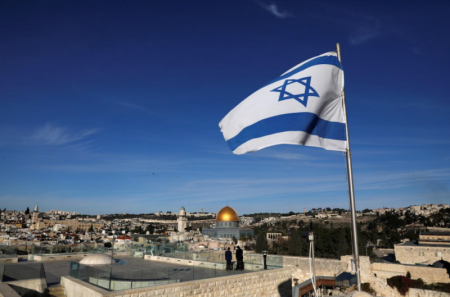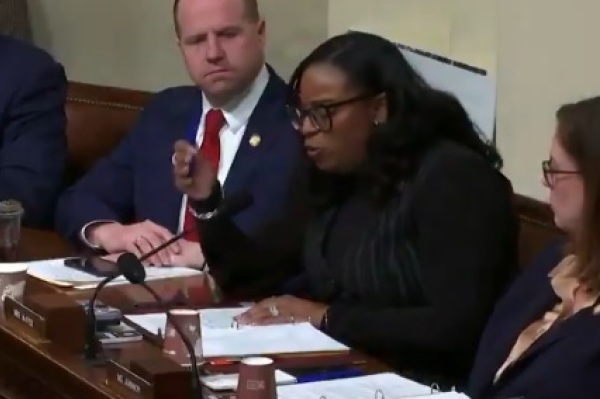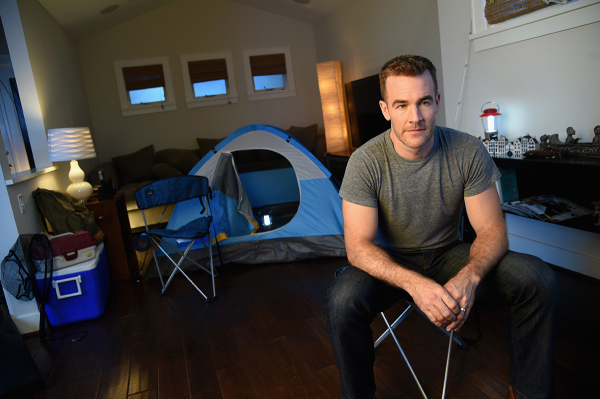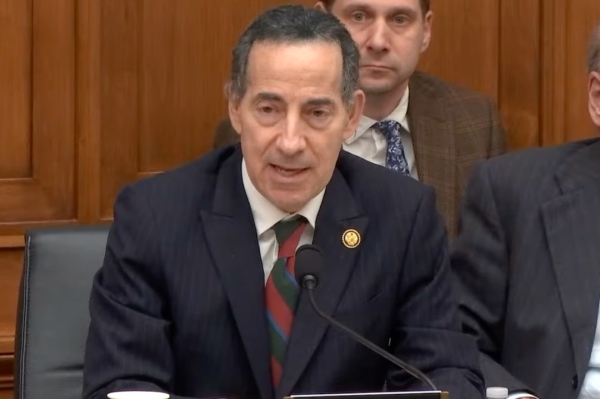Beyond Stereotypes, There is Hope for Reconciliation and Peace Between Israel and Palestine

In spite of the recent controversial decision to move the United States Embassy to Jerusalem and the ensuing clashes among the Palestinians and Israelis, there is hope for reconciliation and peace. There are relationships that transcend the conflict. There are organizations doing tremendous work bringing unity and forging a different path.
I am not sure if you know much about the Israeli and Palestinian situation, but what we hear on the news is just a tiny glimpse of the whole story. What we hear is also communicated through a particular narrative.
I am far from being an expert, but I can tell you this:
There are amazing and lovely people in the West Bank.
There are lovely and amazing people in Israel.
I consider myself extremely fortunate to have friends who live on both sides of the wall separating Israel and the West Bank.
In many ways, they have far more in common than they realize just as Americans have far more in common than we realize.
This summer as I traveled with a team to Israel and the West Bank, an interesting moment came when our host pointed out that even though we considered our team ethnically diverse, he felt the kids just saw all of us as Americans. They didn't see the distinctions that we see.
If we are honest, the same could be true for us and and our experience of the Jews, Israelis, Muslims, and Christians we met.
They all were born into a difficult situation.
They all love their home.
They all eat lots of hummus.
In the chidren, we did not see the distinctions that they can see.
Part of what intrigued us about taking this particular trip was to work with a team who is trying to bring peace called Musalaha. This effective non-profit "promotes and facilitates reconciliation between Israelis and Palestinians from diverse ethnic and religious backgrounds, based on the life and teaching of Jesus."
They follow Jesus.
Some are Palestinian.
Some are Israeli.
They host a camp bringing Jewish and Palestinian teens together to learn how to be peacemakers. The camp we attended brought Palestinian kids – both Muslims and Christians together for a week with the theme "Living Together." We felt safe and enjoyed the beautiful people and hospitality.
Even still, after returning to the U.S. from our trip, people have looked at me like I was crazy when I have mentioned we spent 10 days in the West Bank.
In fact, many trips of Israel no longer include Bethlehem as a stop because it is on the other side of a wall Israel built in the name of security.
There are people that choose terrorism.
There are also people who just want to raise their kids in a safe and loving environment on both sides of the wall.
There are also 3.5 million people who visit Israel each year and return safely each year.
Here's how complicated this is:
- One tour guide refers to the West Bank as a place to avoid because it is under Palestinian Control.
- Another tour guide refers to the West Bank as a great place to visit but it is under Israeli Occupation.
What helped our families feel better that we were going to the West Bank was that even Rick Steves' talks about it as a good place to visit when traveling to Israel.
On both sides of the wall, I saw kids who reminded me of our kids. They loved ice cream. They forget to throw away their ice cream wrappers. They loved playing. They loved each other.
Another commonality we all share – we don't like to be stereotyped.
No one likes to be misunderstood.
Not all Israelis are the same. Not all Palestinians are the same. Not all Americans who follow Jesus are the same.
The best way to understand others is to actually get to know them.
Stereotypes exist when friendships do not.
Serving in Nablus in the West Bank gave us that opportunity.
One moment during the camp which really struck me was when the kids started to learn a cultural dance called Dabke. One of the younger children named Mohammad wanted to dance the Dabke with me.
We did this for about 30 minutes – 2 different days. It was fun for about 3 minutes. Seriously though, what a beautiful world where an American pastor who follows Jesus can dance with a Palestinian Muslim kid named Mohammad for an hour in the summer of 2017.
What will the future be like for Mohammad, the son of Janitor who lives in the West Bank?
Will Mohammad find peace and hope and even faith?
I can trust God with Mohammad and all the kids I met. There are people there representing him. God is pursuing all of them.
So what can we do living so far away?
When I am overwhelmed by the needs of the world around me, I often think of a verse.
"To the one much is given, much is expected." In other words, those of us with privilege can be a part of serving those who do not have privilege.
As we learned from the Tobey Maguire version of Spiderman: "With great power comes responsibility."
If we can surrender all to Jesus here, we can become all God wants us to be. The world needs us at our best!
For some of us, serving the Israelis may be our calling.
For some of us, serving the Palestinians may be our calling.
For some of us, our calling may be getting involved in politics or with non-profit organizations or through the ministry of our local churches to help bring peace in the Middle East.
For all of us, our calling is to love those in our lives right now.
Jesus died on the cross and rose from the dead to give us life and freedom, and we can bring that life and freedom to the world around us!
Dr. Eric Bryant serves with Gateway Church in Austin along with Senior Pastor John Burke. Previously Eric served with Erwin McManus at Mosaic in Los Angeles, a church known for its creativity and diversity. Eric is the author of Not Like Me: Learning to Love, Serve, and Influence Our Divided World and creator of www.churchgrowthworkshop.com. Eric's Foundation exists to help churches, non-profit organizations, and businesses find their calling, raise up leaders, and reach new people through training events, workshops, books, and www.ericbryant.org. Eric lives with his wife, Deborah, his son Caleb and his daughter Trevi near downtown in Austin, TX.





















